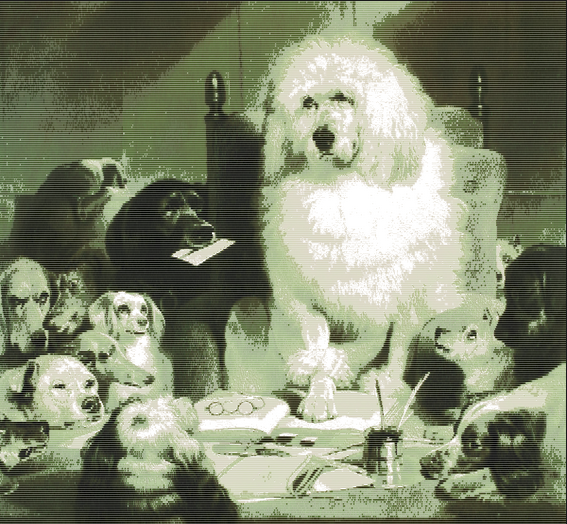1 The proper use of language can be found through but never prescribed by editors, lawyers, judges, or other authorities under English common law. Under this tradition, there is a high emphasis on maintaining coherency with how people have used words and the law in the past. The way to settle a dispute about the application of the law in this tradition is by haggling ― preferably by a localized jury ― with the history of similar disputes to reach a resolution that disrupts precedent the least. Answers to what is the reasonable application of words and the law emerge from the bottom-up population: they are not directed by top-down bureaucracy or authority.
2 The meaning of words is embedded in the precedent of how they have been used before and cannot be removed from this precedent. Words are not tied rigidly to dictionaries ― we are able to understand words without dictionaries. If a dictionary editor ad hoc tried switching the definition of a ‘cow’ to the one that normally falls under ‘pig’ ― we would still understand that a cow is not a pig as there would be a lack of a precedent for such an application of the word in the past. The meaning of words does not come from codified definitions, but their proper usage can still be something much more exact.
3 The meaning of laws is embedded in precedent of how they have been applied before and cannot be removed from this precedent. Common law is not rigidly tied to statutes ― we are able to understand a system of law without statutes. If a judge or a legislator ad hoc tried switching the punishment for ‘murder’ to ones that that normally falls under ‘theft’ ― we would still understand that a murder is not a theft as there would be lack of precedent for such an application of the law in the past. The meaning of the law does not come from codified statutes, but its proper usage can still be something much more exact.
4 A word ― or a law ― that is trying to convey a meaning that jumps sufficiently far from common practice is incoherent and is not being used properly. The meaning of any piece of text is embedded into the history of the surrounding language, broader history itself, and cannot be removed from this history to be independently analyzed or molded. An English dictionary or law book so aids in the discovering rather than the defining the correct use of words or the law. There is no Académie Française for the English.
